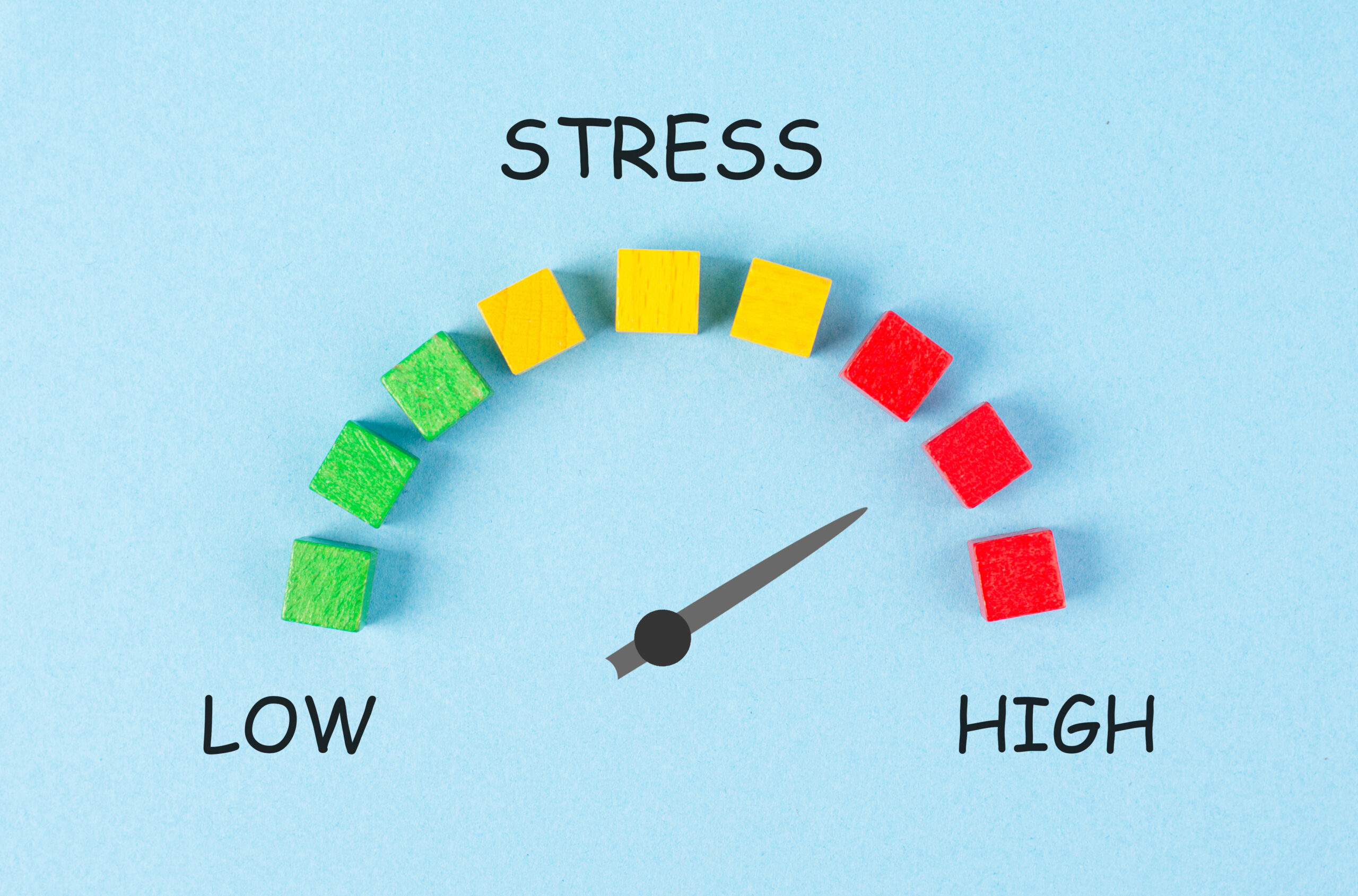All of us experience stress on a regular basis as we respond physically and psychologically to ongoing issues and events that emanate from our environment. While ‘eustress’ is a positive and motivating form of stress, ‘distress’ is undesirable and can have negative and debilitating effects on our health.
During this significant period of transition, environmental changes and developmental challenges can become major sources of stress for university students. It is therefore important for you to be alert to your condition and develop effective stress-management skills so as to safeguard your physical and psychological well-being.
Watch out for the following negative stress reactions:
- Anxiety and excessive worrying
- Agitation and irritability
- Loss of appetite or overeating
- Sleep disturbance
- Social withdrawal
- Persistent sense of urgency
- Inability to concentrate
- Low energy level and fatigue
- Emotional outbursts and crying bouts
- Shortness of breath, dizziness
- Confusion and indecisiveness
- Gastrointestinal problems
- Increased use of alcohol, coffee, or other stimulants
- Restlessness

The more negative stress reactions you experience, the higher your stress level is. To handle stress effectively, please refer to the personal wellness tips from other articles on the website.
